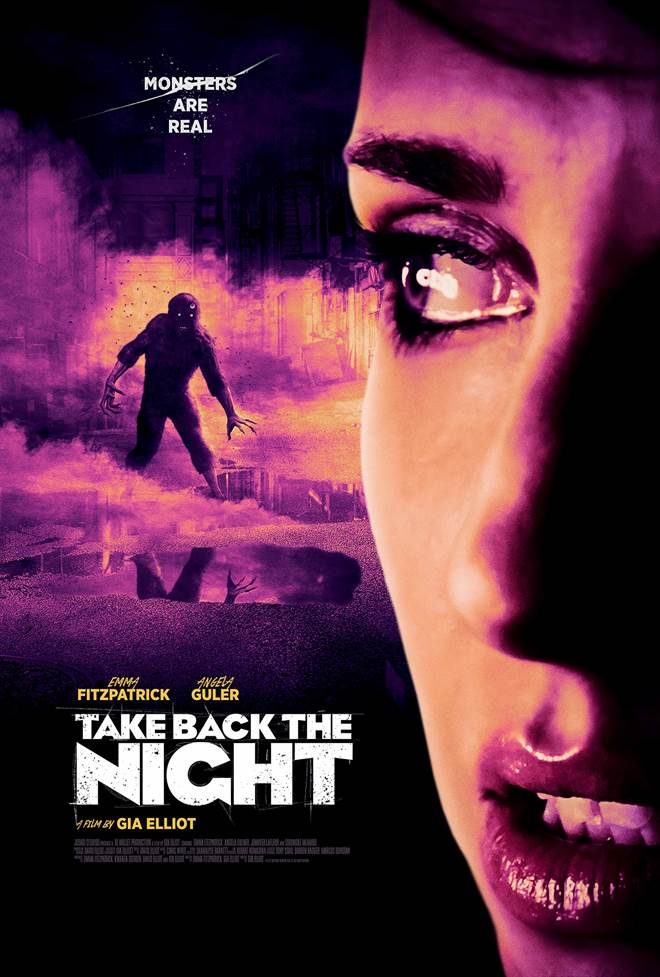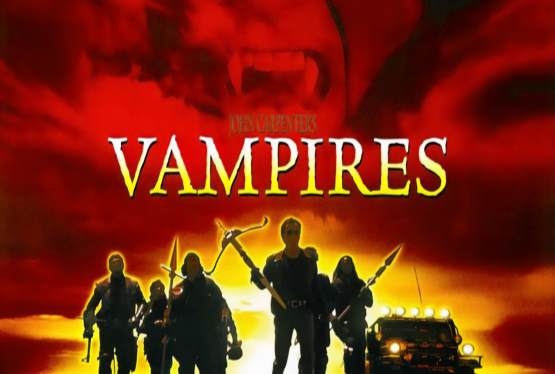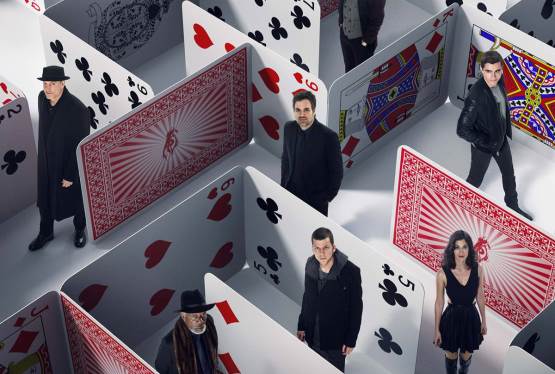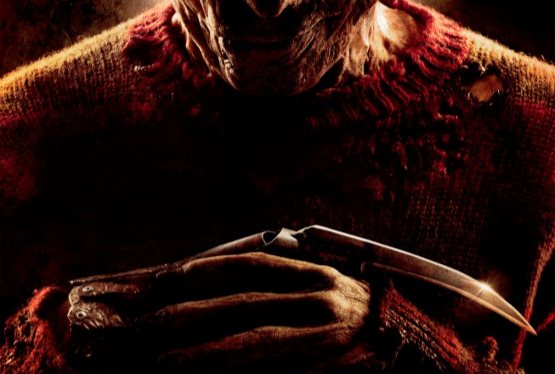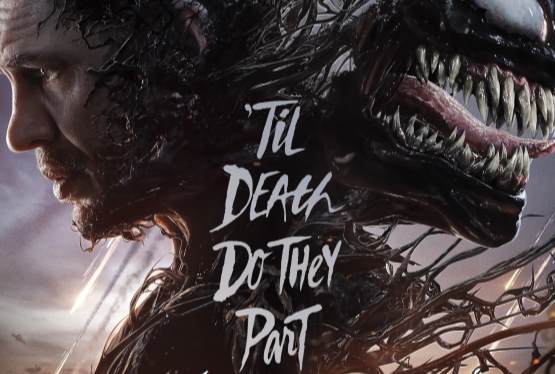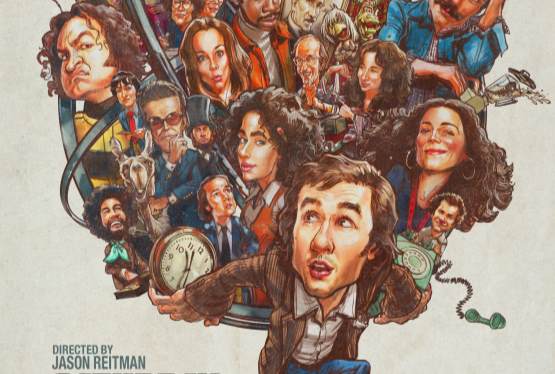Sexual assault is unwanted sexual contact and can consist of touching, coercion, penetration, etc. without consent. In the United States alone, a victim is assaulted every sixty-eight seconds and the highest numbers of victims are females between the ages of eighteen to thirty-four. Sexual violence, especially against women, has always been a problem (even back into the Middle Ages) but until approximately fifty years ago nothing was done.
In the 1970s people began to protest, fight back, and shed light on this horrendous crime which eventually became known as the "Take Back the Night" campaign. Books and movies, both true and fictionalized, have been written and generally depict the horrible concept of victim shaming, where those who were assaulted are blamed for what happened to them. Writers Emma Fitzpatrick and Gia Elliot bring their own twist to the subject with the 2021 horror film, Take Back the Night.
Jane (Emma Fitzpatrick; The Social Network), a graphic artist, is somewhat of a "wild child"...drinking, partying, taking drugs, and acting promiscuously. She has a website with photos of her in various outfits and poses. She has had run-ins with law enforcement in the past which doesn't exactly make her girl scout of the year. Then one evening in July, she leaves a party and is assaulted by a "thing, monster, etc." Afterward, she stumbles into a hospital emergency room, with bruises and scratches all over. After she is poked and prodded, she describes her assailant as "it" and constantly draws a shapeless monster. Without a viable suspect, the police want to close Jane's case but, despite inconsistencies in her story, she refuses to let it go.
Take Back the Night looks at the concept of victim shaming and does so in a brutal and "in your face" kind of way without explanation or apology. Tens of thousands of people are sexually assaulted, and even more, are harassed, in this country every year, and instead of going the more traditional dramatic root, Elliot chooses to scare us into awareness. By doing so, she grabs the viewers' attention and holds onto it throughout the ninety-minute film.
Fitzpatrick does a solid job of playing Jane and giving her a range of emotions, from anger to despair to straight-up terror. Her strength and her willingness to fight back make Jane a beacon of light for others who have been assaulted. Angela Gulner (GLOW) as Jane's sister tries to be the voice of reason and sanity and portrays her confusion over Jane's actions honestly and purely. However, perhaps the most interesting member of the cast is Corina Kinnear (Language of Love) who plays the monster attacking Jane. What makes her different from the rest of the cast is that we don't see her face or hear her voice at any point. We only get glimpses of her outline as she moves fluidly through the attacks. Interestingly, as a dancer, Kinnear incorporated her gracefulness into playing a role that should be anything but beautiful.
While on rare occasions horror films include a scene where sexual assault is depicted or implied, I can't think of any time when the main antagonist is a monster whose focus is the horrible act. Also, generally, a violent, sexual attack is a one-time event but in Take Back the Night it seems Jane's nightmare is recurring which takes Jane to the brink of insanity.
The genius in Fitzpatrick's/Elliot's script is that it can be taken at face value with the idea of something supernatural "stalking" its victim or it can be symbolic for what a victim of assault may be feeling - the "monster" that won't go away. While there are a few continuity issues, most of the movie is well shot and flows at a nice pace.
Grade: B-

